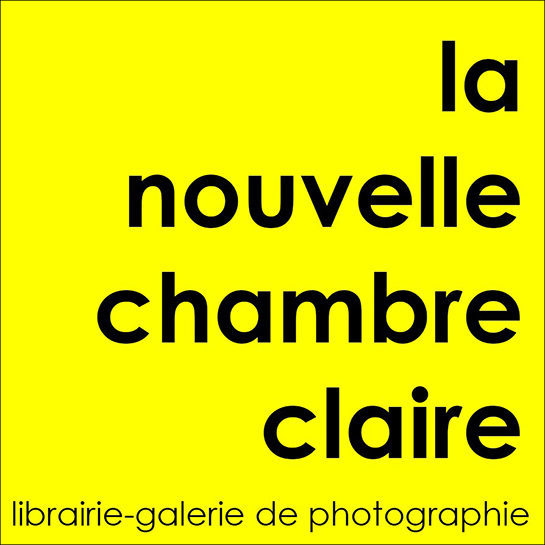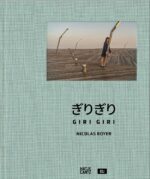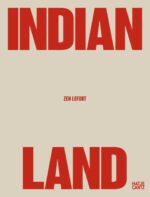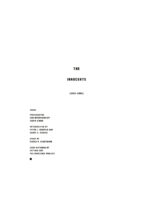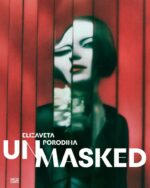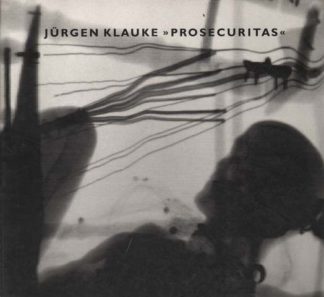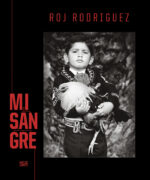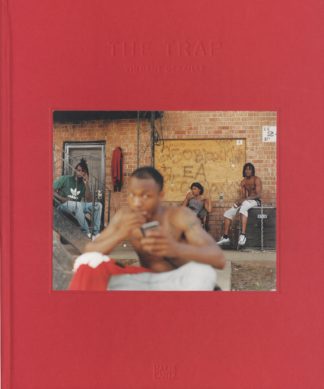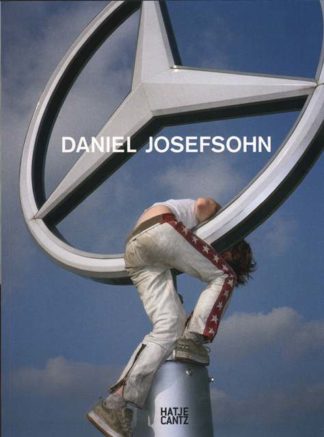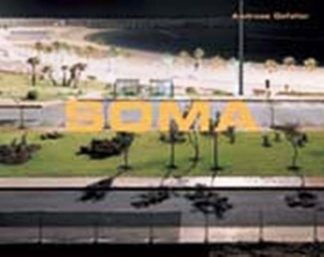Auteure prolifique, photographe, portraitiste et documentariste, Lucia Moholy défie toute catégorisation. Elle était aussi active dans les cercles d’avant-garde que dans le domaine des sciences de l’information, faisant progresser une compréhension élargie de la reproduction visuelle. Alors que les précédentes publications sur Lucia Moholy ont limité ses réalisations aux cinq années qu’elle a passées au Bauhaus, Lucia Moholy : Exposures présente pour la première fois toute l’étendue de ses écrits et de ses photographies. Des essais approfondis s’appuyant sur de nouvelles découvertes archivistiques donnent un aperçu de ses débuts à Prague au début du siècle, de son implication dans les mouvements sociaux radicaux des années 1920 à Weimar, de son émigration à Londres, où ses collègues et amis incluaient des membres du Bloomsbury Group ainsi que son implication en temps de guerre avec les microfilms et la documentation scientifique et son travail au Moyen-Orient au nom de l’UNESCO. Reconnaissant son accueil par des artistes contemporains tels que Jan Tichý, la publication démontre comment l’approche interdisciplinaire de Moholy à la photographie a anticipé le présent post-analogique du médium ; sous la direction de Jordan Troeller, avec des textes de Oliver A. I. Botar, Annie Bourneuf, Hana Buddeus, Özge Baykan Calafato, Meghan Forbes, Christelle Havranek, Michelle Henning, Rolf Sachsse, Robin Schuldenfrei, Steffen Siegel et Jan Tichy, photos en n.b.
A prolific writer, photographer, portraitist, and documentarian, Lucia Moholy defies categorization. She was as active in avant-garde circles as she was in the field of information science, advancing an expansive understanding of visual reproduction. While previous publications on Moholy have limited her accomplishments to the five years she spent at the Bauhaus, Lucia Moholy: Exposures presents the full breadth of her writings and photographs for the first time. Extensive essays drawing on new archival discoveries offer insights into her early life in turn-of-thecentury Prague, her involvement in the radical social movements of the 1920s in Weimar Germany, her emigration to London, where colleagues and friends included members of the Bloomsbury Group as well as her wartime involvement with microfilm and scientific documentation and her work in the Middle East on behalf of UNESCO. Acknowledging her reception by contemporary artists such as Jan Tichý, the publication demonstrates how Moholy’s interdisciplinary approach to photography anticipated the medium’s post-analogue present ; edited by Jordan Troeller, with contribution by Oliver A. I. Botar, Annie Bourneuf, Hana Buddeus, Özge Baykan Calafato, Meghan Forbes, Christelle Havranek, Michelle Henning, Rolf Sachsse, Robin Schuldenfrei, Steffen Siegel and Jan Tichy.
